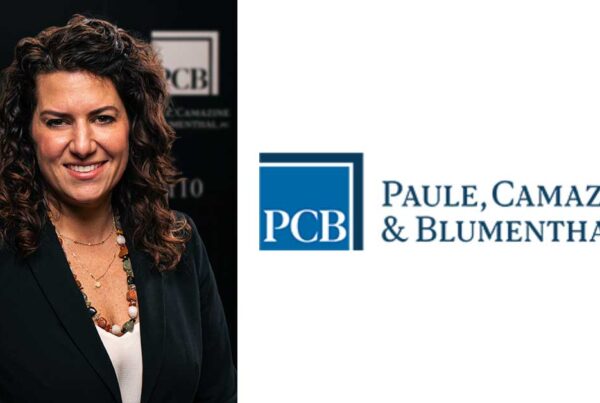
Investigations By The Division of Family Services, Children’s Division
The attorneys at Paule, Camazine & Blumenthal, P.C. have experience representing clients involved in investigations by the Division of Family Services, Children’s Division (also known as “DFS” or “the Children’s Division”). Our St. Louis child abuse & neglect attorneys have represented victims of abuse and those accused of abuse or neglect in front of the Child Abuse and Neglect Review Board (“CANRB”), and have handled appeals of CANRB findings in trials de novo in front of circuit courts in Missouri.
If you have been accused of child abuse or neglect, you need to act quickly and consult our St. Louis family law attorneys. Call us for an initial consultation at 314-727-2266.
Initial DFS Children’s Division Investigations
When a report is made to the DFS, Children’s Division, the Division dispatches a staff member to investigate the allegations. The reporting of any neglect or abuse is anonymous so the Division has no way of knowing before the investigation whether the person reporting has any ulterior motives or if there is a child in danger.
The Division will usually call to schedule a time to speak with you. While their investigation is not a criminal proceeding, it can lead to criminal charges, so it’s essential to speak with an experienced attorney when you are first contacted. You should not talk about the investigation with any child who may be involved in the investigation, as you do not want to appear as though you are influencing anyone or interfering with the case.
If you retain an attorney, they should contact the Division worker assigned to your case and schedule a time for both of you to meet with the Division worker together. Whether you will make a statement to the worker or not will ultimately be a decision made by you and your attorney.
Then, the Division can determine if the allegation is substantiated or unsubstantiated, or refer the family for services with no other finding. If the allegations are substantiated, there is a very small window of time in which to file an appeal of that decision to the CANRB.
The Child Abuse and Neglect Review Board
When you file an appeal of a child abuse or neglect claim that was substantiated by the Children’s Division, your appeal is heard by the CANRB. The CANRB is a committee of nine members appointed by the governor. Each member serves a term of three years.
CANRB committees must have:
- One medical professional
- One psychologist
- One counselor or social worker
- One representative of law enforcement
- One attorney
The hearing by the CANRB may be in person or over the phone, and the committee can consider hearsay statements and other evidence that would not be admissible in a court of law. There is no cross-examination allowed, so it’s important that you discuss with your attorney a strategy for your case that will take those issues into account.
The CANRB will issue a decision either upholding the finding of the Children’s Division or overturning it. If the CANRB upholds the decision, your name is placed on the Child Abuse and Neglect Registry with the state. To appeal a decision of the CANRB, you have to file an appeal in the circuit court of the county in which the abuse or neglect allegedly occurred; that appeal is called a trial de novo.
Trial De Novo
If you have been the subject of an investigation by DFS, Children’s Division, of a claim that was substantiated, and your appeal to the CANRB was denied (i.e., the CANRB upheld that decision), and you want to appeal that decision, you have a limited amount of time to file a request for a trial de novo.
A trial de novo is an appeal to the circuit court in the county in which the abuse or neglect allegedly occurred. Once that window of time passes without filing an appeal, your name will be entered on the Child Abuse and Neglect Registry with the state and it cannot be removed.
When you file your request for a trial de novo, your attorney may take steps to try to protect your identity by filing under a pseudonym (e.g., “John Doe”), and she may file a request with the court for a “stay” to try to prevent your name from being placed on the Child Abuse and Neglect Registry. Whether the court allows either of those actions is within the discretion of the court.
The court hears the trial “de novo” meaning “anew,” so it’s a totally new look at the evidence of alleged abuse or neglect, not simply a review of what the CANRB or Children’s Division found. There is no jury, but the evidence presented must conform to the rules of evidence, and there is now cross examination, so your attorney should be skilled in the courtroom.
The circuit court will then render an opinion as to whether DFS has proven by a preponderance of the evidence (meaning more likely than not) that abuse or neglect occurred. If you lose the trial de novo, your next step would be to appeal to the Court of Appeals.
Paule, Camazine & Blumenthal, P.C. is Here to Help | Call Our Clayton Law Office Today
Contact the law office of Paule, Camazine & Blumenthal, P.C. at 314-727-2266. If an evening or weekend appointment is necessary, we will adjust our schedules to fit yours.
Child Abuse & Neglect Attorneys
Family Law News & Articles



